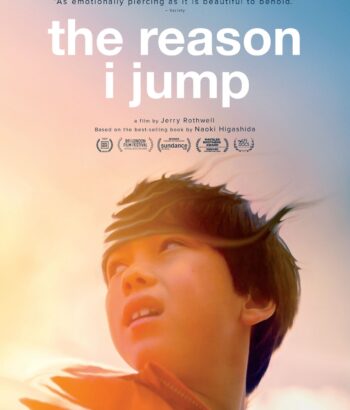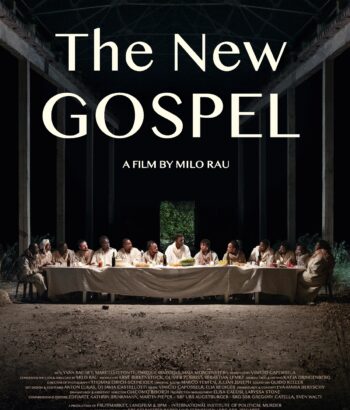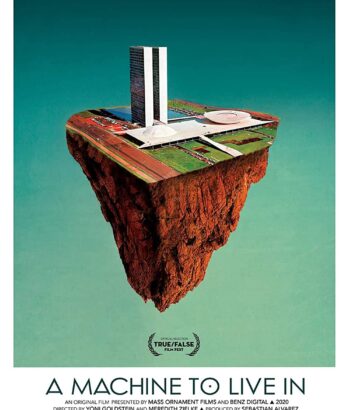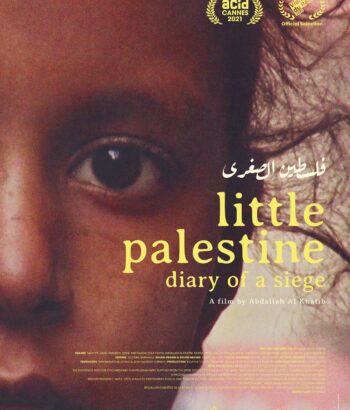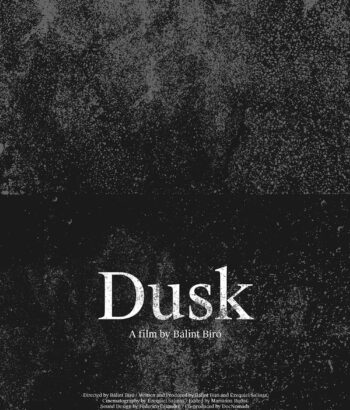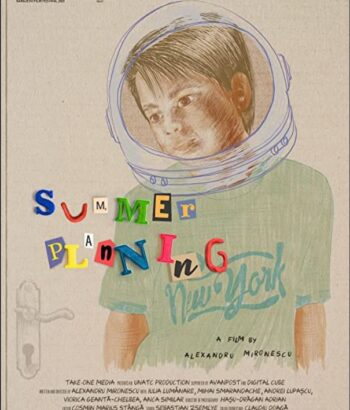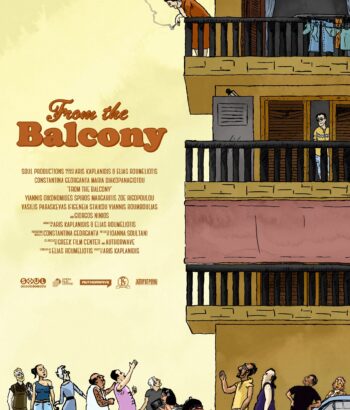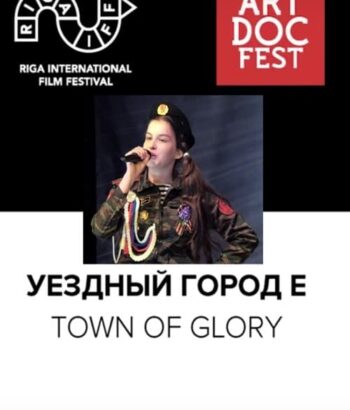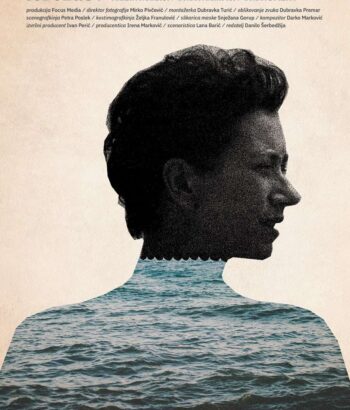The Reason I Jump
This fantastic documentary introduces us to the world of autism in the most amazing and deeply emotional way. Based on Naoki Higashida’s bestseller, The Reason I Jump is … an immersive cinematic exploration of neuro-diversity through the experiences of non-speaking autistic people from around the world. The film blends Higashida’s revelatory insights into autism, written when he was just 13, with intimate portraits of five remarkable young people.
